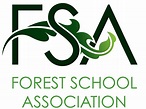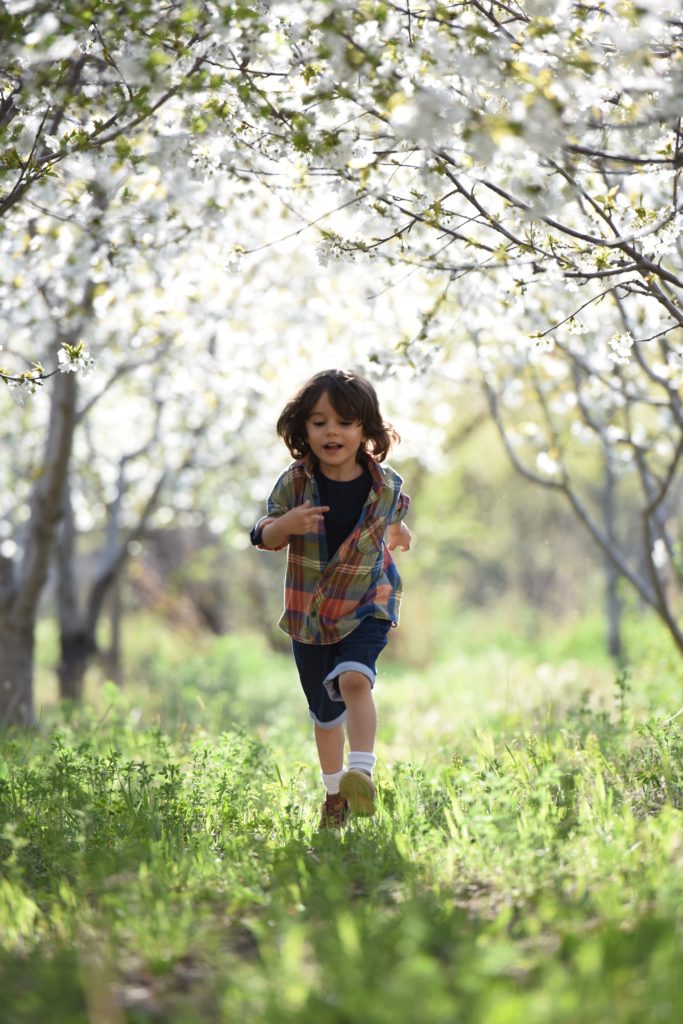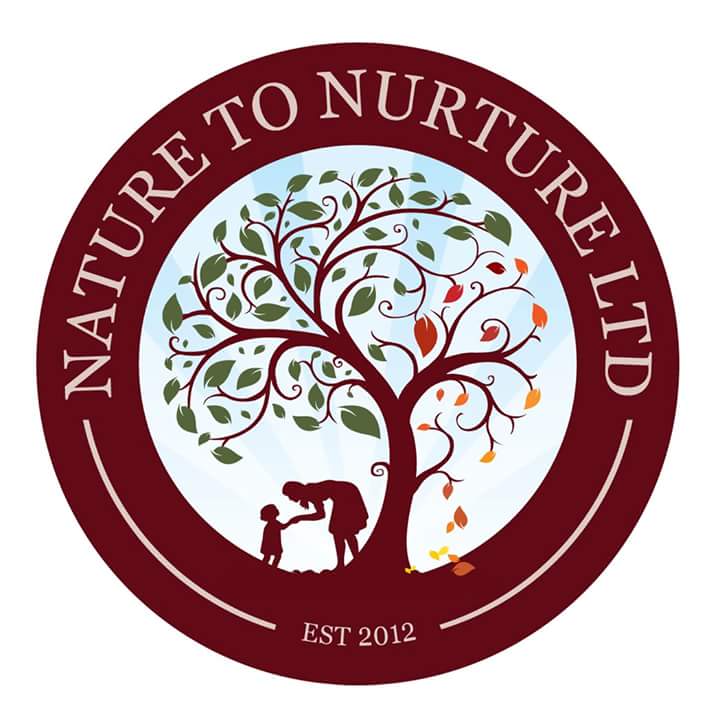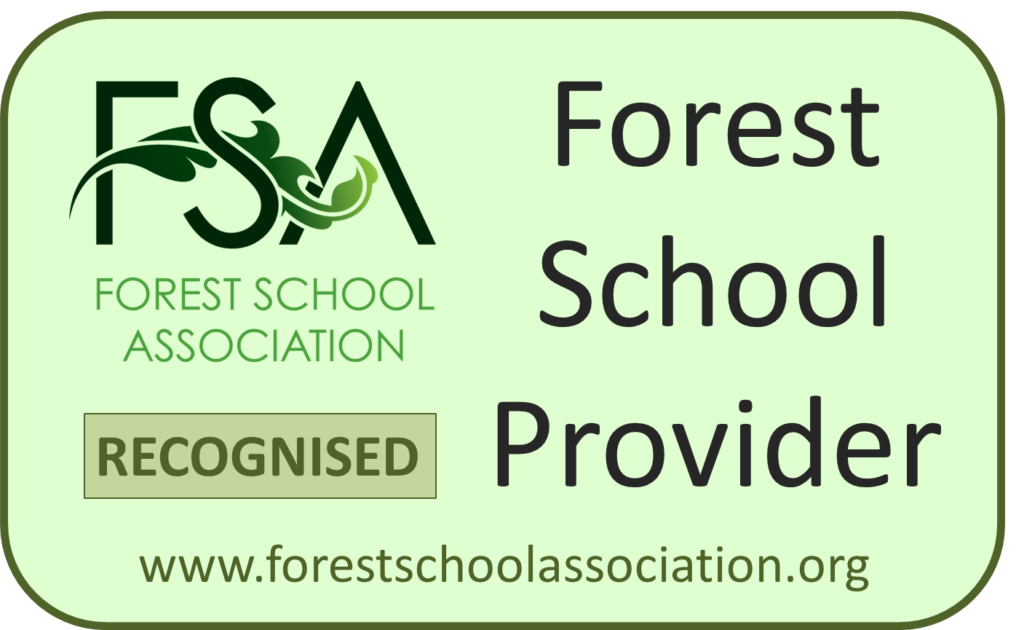Forest School

The Forest School Association (FSA) defines Forest School as:
“An inspirational process that offers children, young people and adults regular opportunities to achieve and develop confidence and self-esteem, through hands-on learning experiences in a local woodland environment.”
Forest School was first developed in Scandinavia and is now used by thousands of practitioners across the UK and further afield.
The six guiding principles of Forest School:
Principle 1: Forest School is a long-term process of frequent and regular sessions in a woodland or natural environment, rather than a one-off visit.
Principle 2: Forest School takes place in a woodland or natural wooded environment to support the development of a relationship between the learner and the natural world.
Principle 3: Forest School aims to promote the holistic development of all those involved, fostering resilient, confident, independent and creative learners.
Principle 4: Forest School offers learners the opportunity to take supported risks appropriate to the environment and to themselves.
Principal 5:Forest School is run by qualified Forest School practitioners who continuously maintain and develop their professional practice:
- Practitioners are required to have a Level 3 Forest School qualification as minimum.
- There must be a high ratio of practitioners/adults to learners.
Principal 6: Forest School uses a range of learner-centred processes to create a community for development and learning:
- Forest School provides a stimulus for all learning preferences and dispositions.
- Reflective practice is a feature of each session to ensure learners and practitioners can understand their achievements, develop emotional intelligence and plan for the future.
- Practitioner observation is an important element of Forest School pedagogy.

Forest School Versus Outdoor Learning
The Forest School philosophy should not be confused with simply learning outside every now and again.
It is an ethos whereby qualified practitioners carefully facilitate long-term programmes which are uniquely tailored to the needs of the individuals within the group, and have the fundamental aim of building participants’ self- esteem, confidence, independence and creativity.

Case Study: Nature to Nurture
Nature to Nurture was set up “to spread the love for nature-based education” by providing unique opportunities for families and educational services using the Forest School approach.
The film below shows a feature on the BBC’s Inside Out programme (2018) based at Nature to Nurture in Liverpool. It documents some research carried out by academics at Liverpool Hope University into the benefits of being outdoors.
The study found the children to have advanced skills in confidence, communication and collaboration, as well as self-directed play.
Only 10% of preschool children achieve recommended levels of physical activity (180 minutes per day), while children in this forest setting regularly exceed the national guidelines.
Liverpool Hope University’s ‘Accelerator Study’ showed that children at the Nature to Nurture Forest School setting scored 4-5 (high to very high) in terms of involvement and wellbeing, whereas children consistently score 2-3 (moderate) in UK early childhood settings. The BBC programme concluded that:
“Early reports suggest that playing in the woods scores better than playing in the classroom.”
Choosing a Forest School
The FSA has a membership scheme whereby recognised Forest School providers are awarded a badge demonstrating that their practices are aligned with the six guiding principals above (although the FSA does not quality assure their Forest School practice).

Forest Schools Directory
You can search our directory for Forest Schools near you.
Voices from the Sector
You can read our interviews with forest school leaders.
Books About Forest School and Outdoor Education
Growing a Forest School, from the Forest School Asociation
Last Child in the Woods: Saving our Children from Nature Deficit Disorder, by Richard Louv
Outdoor Learning in the Early Years, Helen Bilton
Developing a Forest School in Early Years Provision, by Katherine Milchem and Jenny Doyle
Forest School for All, by Sara Knight
Children Learning Outside the Classroom, by Sue Waite
Dirty Teaching: A Beginner’s Guide to Learning Outdoors, by Juliet Robertson
Messy Maths: A playful, outdoor approach for early years, by Juliet Robertson
Useful Forest School Website
www.forestschoolassociation.org – The Forest School Association is the professional body and UK voice for Forest School, promoting best practice, cohesion and quality Forest School for all.
Forest School Facebook Groups
Progressive Education – Our supportive forum discussing progressive approaches to education (including Forest School) and why they are so important for the 21st century.

